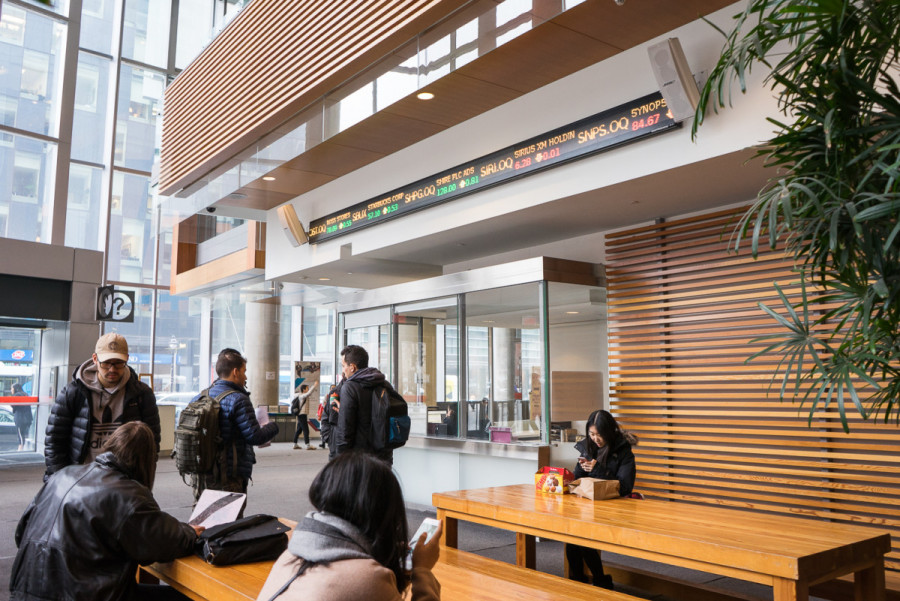CSU criticizes university’s Equity, Diversity, and Inclusion plan and process
Isaiah Joyner hopes revisions will include more student voices
The Working Group for Concordia’s Equity, Diversity, and Inclusion plan published their recommendations for implementation on Sept. 10. The following weekend it received swift criticism from the Concordia Student Union.
The CSU released a statement deploring the plan’s “exclusionary and flawed process.” The Advisory Group’s research process wasn’t publicized widely among the student body, and the deadline for community consultation wasn’t flexible despite the ongoing pandemic.
A limited community consultation process was set to end Sept. 20 before the plan is passed to the Steering Committee for implementation.
General Coordinator Isaiah Joyner appreciates the extensive work done by the different committees, but thinks more should be done. “There is going to be a need for more consultation and listening to the voices of the Concordia community […] so that it shows that they’re being receptive,” he told The Link.
Joyner cites the lack of involvement from the CSU and other faculty associations as one of the plan’s faults.
While there was student representation on the committee, the people they consulted and the departments that ended up with feedback and recommendations to follow do not include major associations like the CSU or the Graduate Students’ Association.
“That’s just a little concerning considering as student representatives, we should have a good idea of diversity, inclusion, and being able to connect to different community members,” he said.
The Advisory Group’s consultation process—which took place from Feb. to May 2019—set out to reach students, staff, and faculty, using various methods to “reach a diverse community.”
They used the feedback from “39 stakeholders, 17 submissions, four IDEAS Cafés, four structured interviews, four ethnographic listening, and two creative consultations,” as outlined in the report.
While it contained no specific mention of systemic racism or systemic discrimination, the report says “[t]he value and importance of diversity on campus was frequently identified as a strength of Concordia.”
The Working Group’s report does acknowledge “the need to have difficult and uncomfortable conversations in order to address systemic issues and challenge the status quo.” It also states, “We commit to dismantling systemic historic and continued discrimination and inequities at Concordia University.”
While Joyner thinks the university is taking systemic racism seriously, he hopes the revision process will include more voices from students and the community.
“With the incidents pertaining to the George Floyd killing, the protests, the rioting, […] I think this could benefit from an added lens of how people are starting to see systemic racism and discrimination, and how it ties into diversity and inclusion and equity,” he said. “People tend to view them as separate things but […] in order to put the finishing touches on this, it needs to account for all these problems we’re seeing.”
“Some of my colleagues are working with Concordia to address the Black Lives Matter issue, but that in itself ties into this,” he added. “So it can’t be a thing of ‘Oh, we’re going to work and make sure we do this Black perspectives initiative and start hiring more Black staff and dealing with the BLM movement’ as if it’s one of its own, because it’s interrelated to equity, diversity, and inclusion.”






